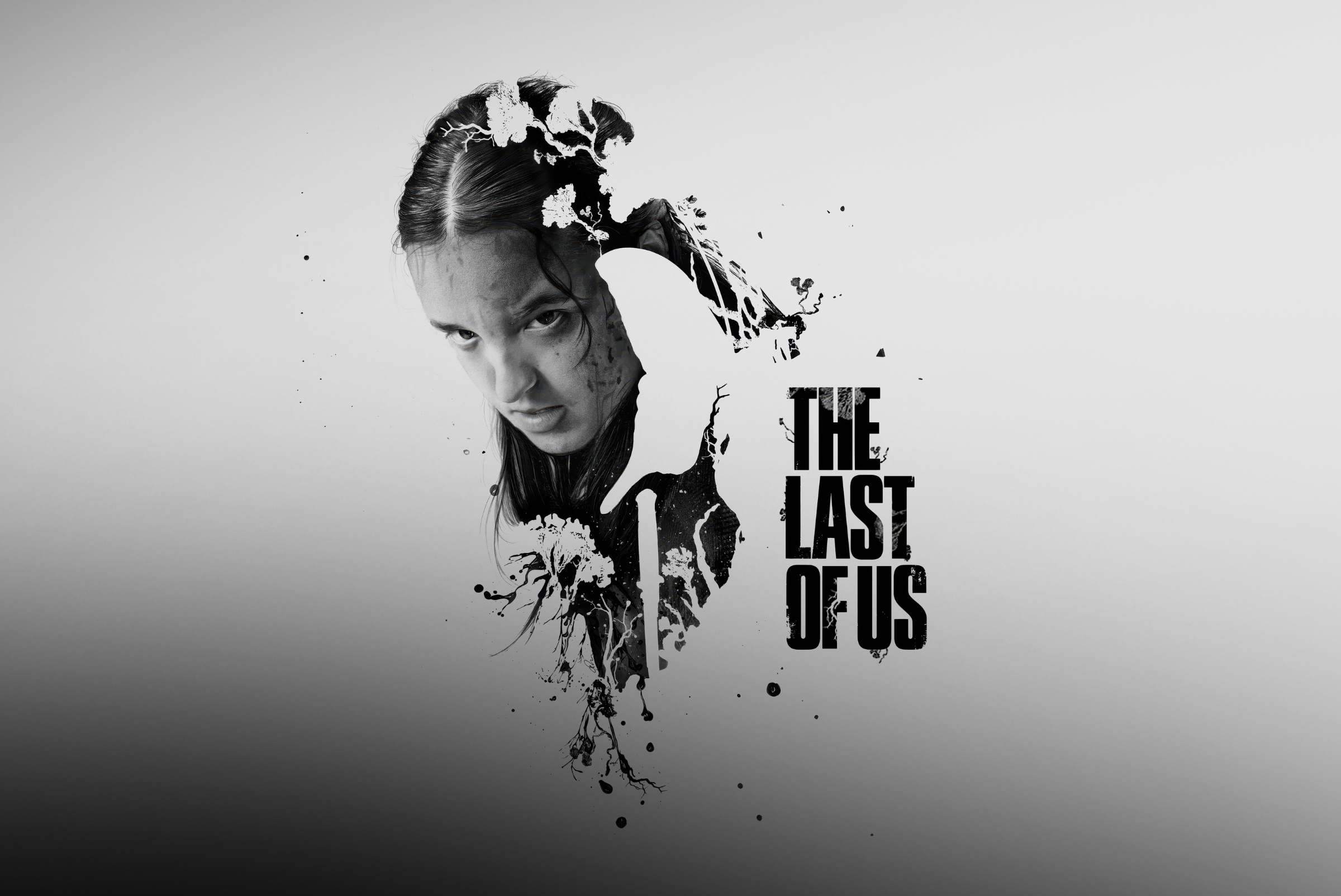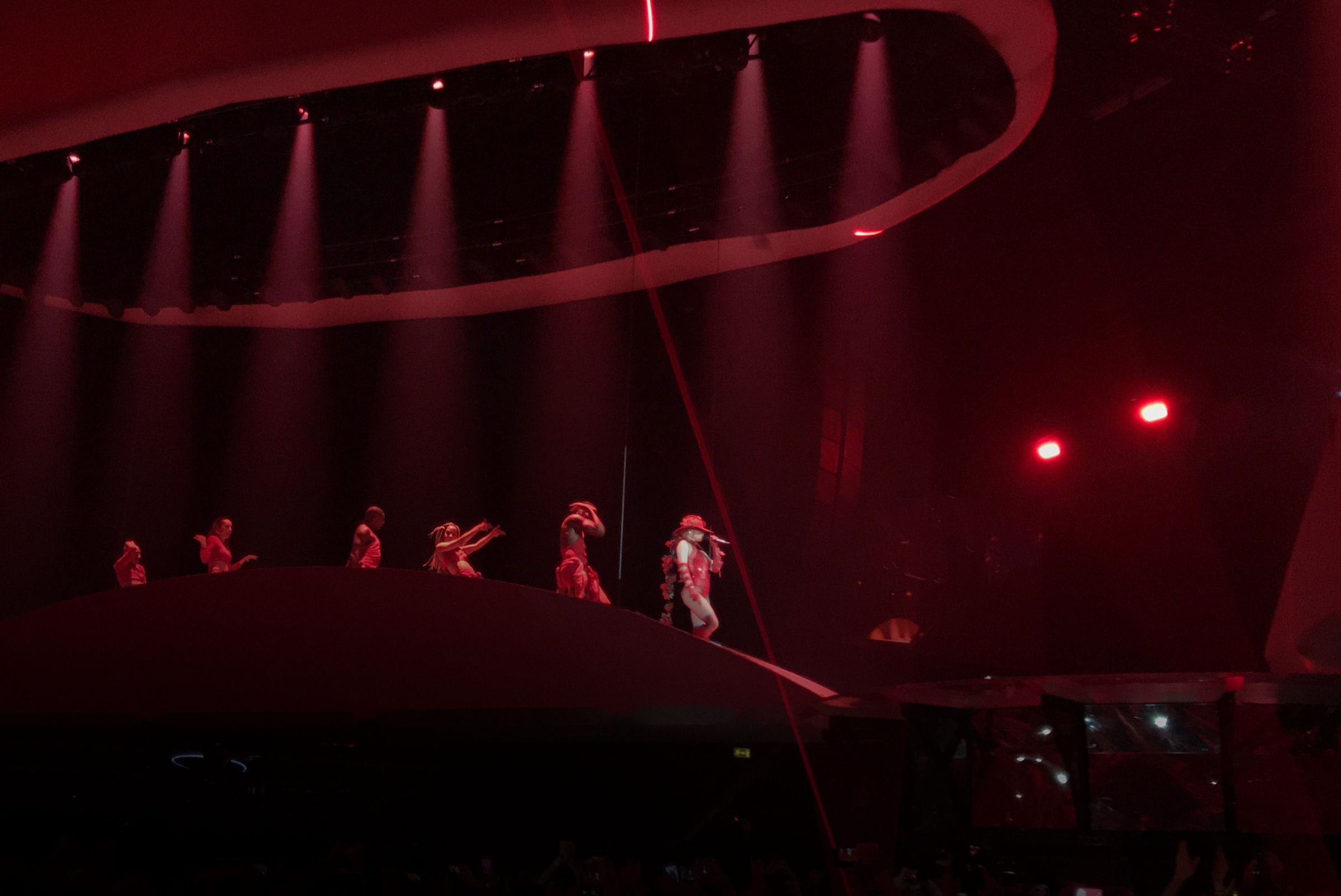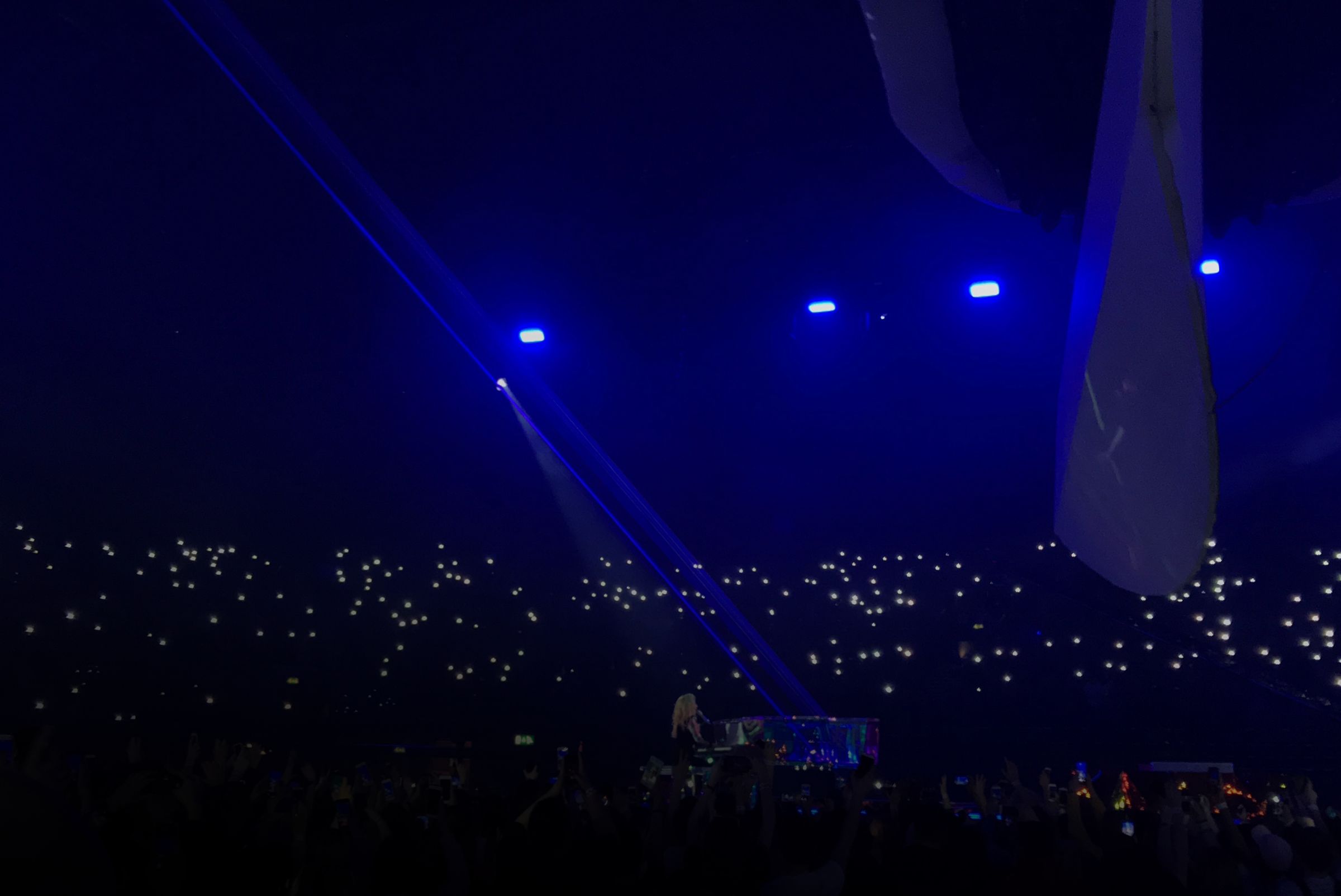
The Last of Us Season 2 is a cultural phenomenon showcasing Gen Z's engagement with complex, emotional narratives and fandom. This analysis examines the show's portrayal of shared grief, moral realism, and contemporary storytelling.
Gen Z is Rewriting Storytelling Through The Last of Us Season 2. More than just a post-apocalyptic series, it represents a shift in media language defined by shared grief, chosen families, and moral complexity. This exploration examines how Gen Z, shaped by meme culture and mental health awareness, views this narrative as a reflection of their realities, not just entertainment.
Why The Last of Us Still Matters
The Last of Us isn’t just back—it never left. As Season 2 begins its buildup, the show carries more than a post-apocalyptic story. It represents a new media language built around shared grief, chosen families, and complex moral realism. Gen Z, raised on meme culture and mental health discourse, engages with its world less like a game and more like a mirror.
Game Adaptation Meets Gen Z Lens
What made the first season hit wasn’t fidelity to the game. It was emotional sharpness, cinematic tension, and the ability to make people care. This second season pushes the envelope further, leaning into grey characters and open wounds. Gen Z's appetite for morally complex characters and intricate story arcs means this isn’t escapism. It’s cultural processing.
Stories That Don’t Flinch
This generation has zero interest in clean endings. They want tension, discomfort, and debate. The Last of Us serves that. It doesn’t rush redemption. It holds the pain. This resonates with audiences shaped by a chaotic world, digital trauma feeds, and the constant navigation of emotional intensity.
Fandom as Reflection
TikTok edits. Reddit threads. Fan essays. The conversation surrounding The Last of Us demonstrates how fandom now operates as a social think tank. Interpretations are collaborative. Characters become moral litmus tests. Gen Z uses the show to discuss queerness, loss, power, and revenge. It’s media as an emotional sandbox.
Brand Insight
This is a blueprint. Emotional immersion matters. Nuanced worldbuilding lands. And Gen Z doesn’t just want to watch—they want to feel. Cultural brands can learn from this narrative depth: create stories that are elastic, layered, and charged. Let discomfort linger.
The Last of Us is more than TV. It’s a window into how a generation feels its way through the world. With Season 2, the story evolves—and so does the culture it reflects.
Want to unpack what storytelling means in 2025 and how your brand can resonate deeper? We’re decoding culture in real time.
.webp)
.webp)
.webp)
.png)
.jpg)


.webp)

.jpg)

%20(1).png)
.jpg)
.jpg)
.png)
.jpg)



.jpg)
.png)


.png)

.jpg)
